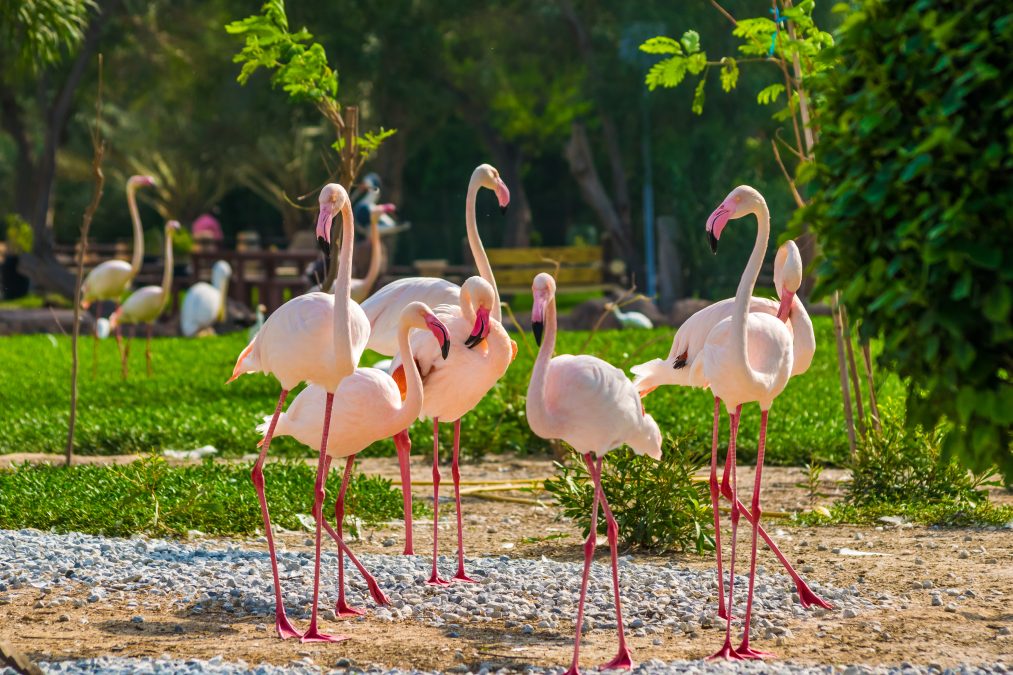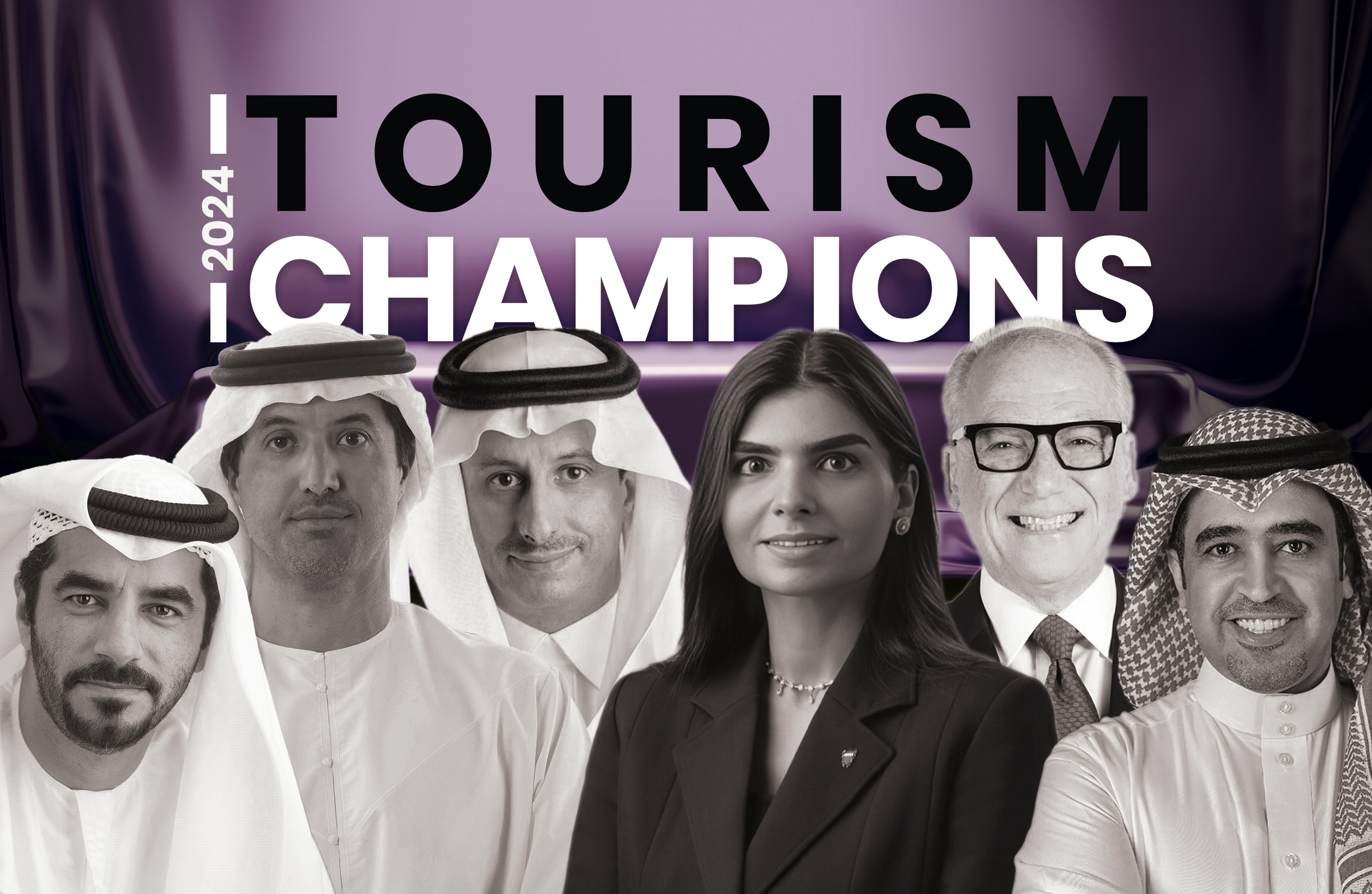Tourism Champions
Dubai, UAE — Tourism sector has played a substantial role in the economic development of Gulf Cooperation Council countries, accounting for around 9 percent of the region’s Gross domestic product (GDP). Forecasts predict an average annual growth rate of 7.7 percent in the region’s tourism industry up to 2032, three times the 2.5 percent growth rate for the overall economy. That is, if the current global conflicts in Gaza and Ukraine do not aggravate and the new geopolitical conflicts impacting the region do not break out.
The region’s largest economy, Saudi Arabia, recently received international recognition and praise from UN Tourism and the World Travel & Tourism Council for the “remarkable achievement” of receiving over 100 million tourists in 2023. This accomplishment, the Kingdom’s Ministry of Tourism said, significantly surpassed the target set for 2030, positioning Saudi Arabia as “an emerging global tourism powerhouse”. Motivated by this success, the Kingdom has now set a new ambitious target of welcoming 150 million tourists by 2030.
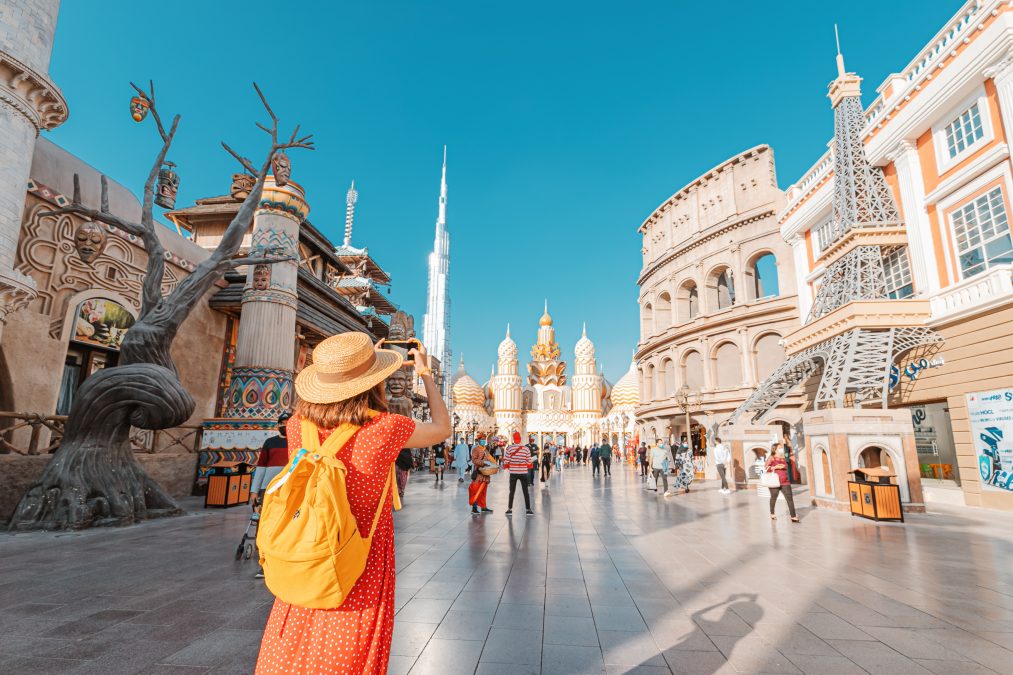
Tourism has proved to be a significant contributor to the nation’s economy, with domestic and international tourists spending over SAR 250 billion ($66.65 billion) in 2023. This expenditure represents over 4 percent of GDP and 7 percent of the non-oil GDP, and reflects the crucial role played by tourism in diversifying Saudi Arabia’s economy.
Saudi Arabia’s Tourism Minister Ahmed bin Aqeel Al-Khateeb said recently that the Kingdom will invest more than $800 billion during the next 10 years on tourism development. The Red Sea Project, development of UNESCO World Heritage Site AlUla and religious tourism to Makkah and Madinah are some of the key tourism projects the country is focusing on.
The travel and tourism sector in the Middle East is expected to grow in 2024 on the back of the region’s robust air connections, diversified tourism offerings and strategic investments. Leading this tourism surge are some of the important government and private-sector leaders in the GCC region. Trends takes a look at some of these players.
Saudi Arabia
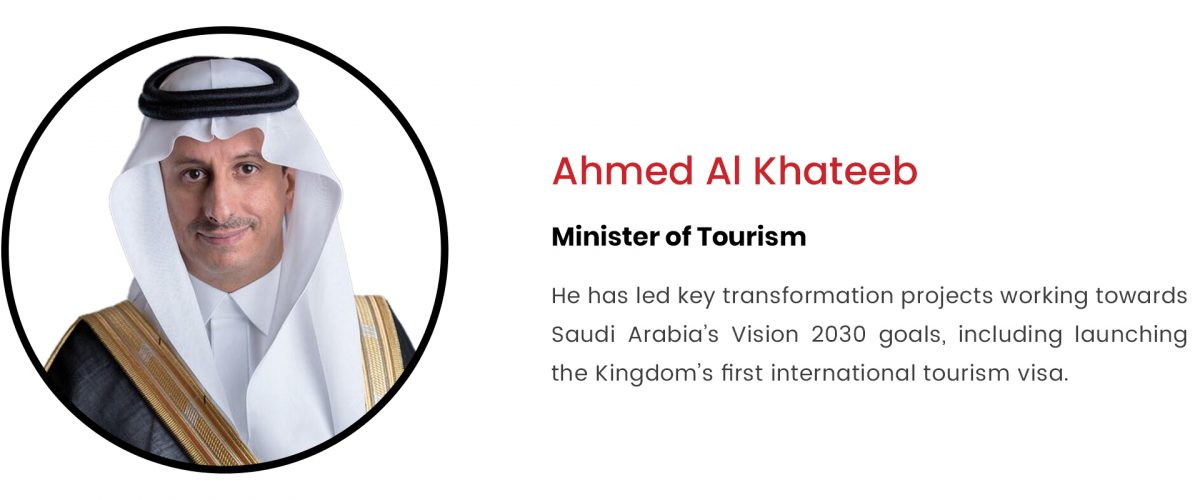
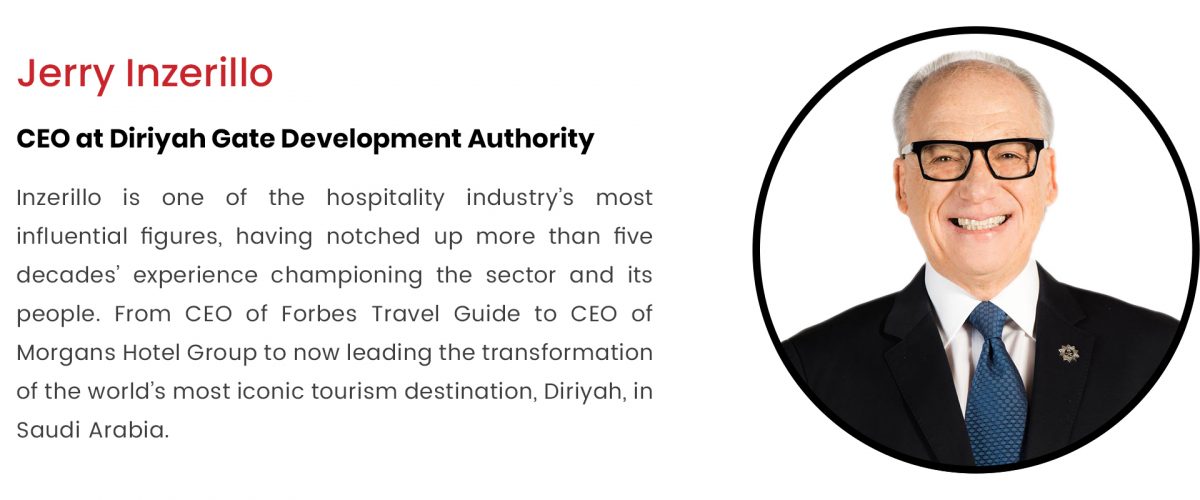
He leads a $63.2 billion development project. Under his leadership, Diriyah launched The Arena in Diriyah, which he said was the newest and the “most exciting asset to date”. The Arena will be the premiere venue for sports, entertainment, and culture in the Middle East.
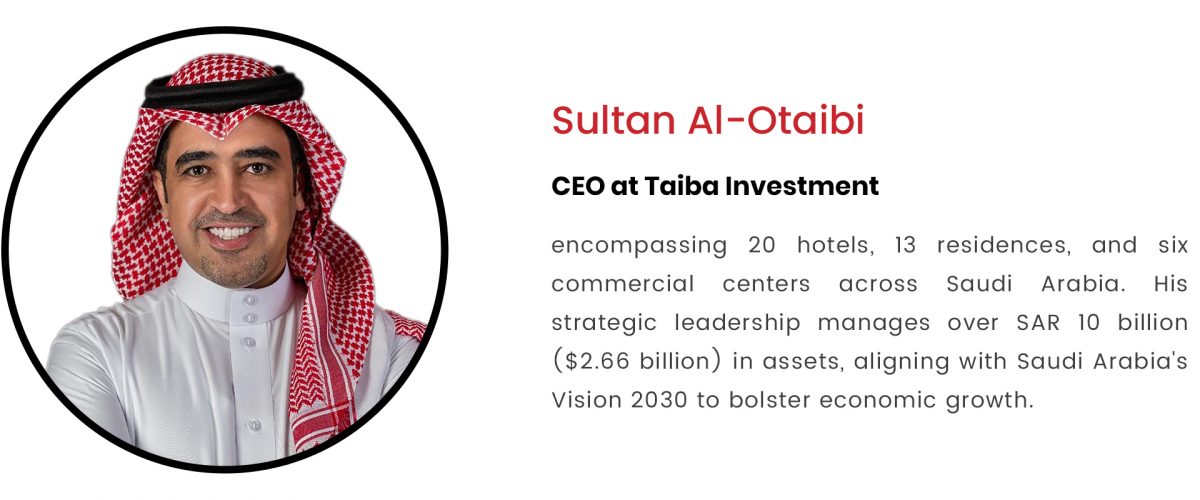
Al Otaibi had earlier been associated with Dur Hospitality for over 21 years, holding financial and managerial positions. Integrating Dur Hospitality’s legacy, Sultan has significantly expanded Taiba’s market influence, creating over 2,000 jobs and forging partnerships with global brands to innovate and set new industry standards.
John Pagano, CEO of Red Sea Global: Red Sea Global is a vertically integrated real estate company with regenerative development projects up and down Saudi Arabia’s Red Sea coast, including The Red Sea and AMAALA. John is leading the development of Red Sea Global’s projects from the ground up, to create a series of regenerative luxury tourism destinations in Saudi Arabia.
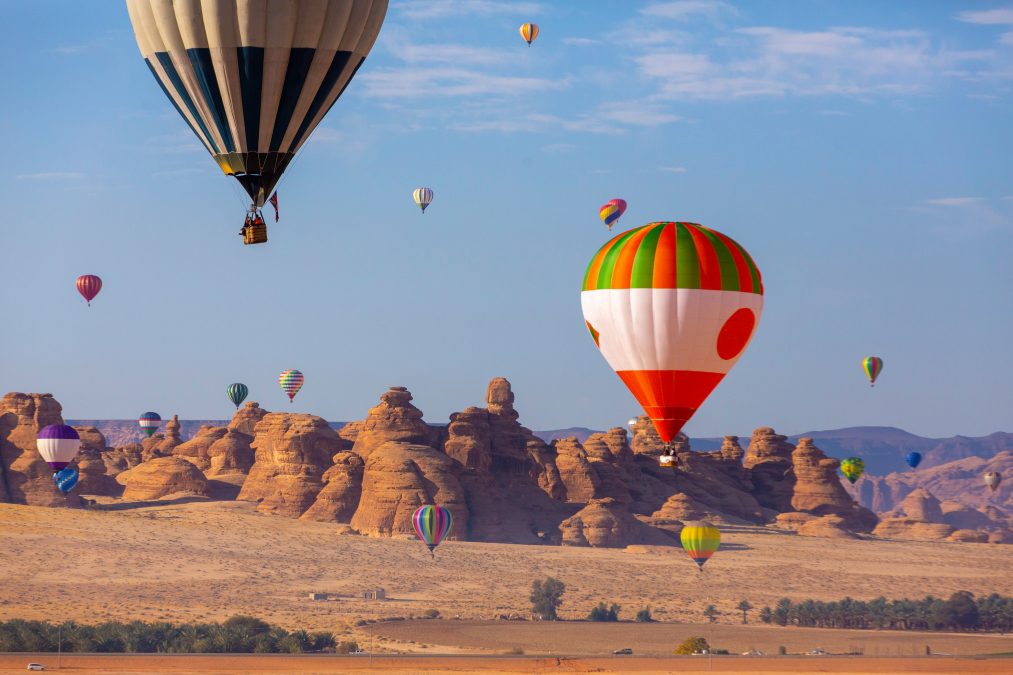
Qusai AI-Fakhri, CEO at Tourism Development Fund: The fund has been established to empower and develop one of the Kingdom’s most rapidly growing industries. As tourism being a key driver to achieving 2030 Saudi vision, the fund plays an important role in attracting and supporting investments and providing the support for the private sector to incentive development of the tourism ecosystem.
Basmah Al Mayman, Regional Director for the Middle East at the United Nations World Tourism Organization: Al Mayman previously spent 17 years working at the Saudi Commission for Tourism and National Heritage.
Sami Bin Abdulmohsen AlHokair, MD at Abdul Mohsen Al Hokair Group for Tourism and Development: Al Hokair is also a board member for the Alhokair Group, which was founded by his father in 1978. He is also vice chairman of Saudi Airlines Catering Company and chairman of Tanami Arabia.
United Arab Emirates

Saleh Mohamed Al Geziry, Director General Tourism Sector, DCT Abu Dhabi: With a career spanning more than 20 years, Al Geziry brings extensive experience in the tourism industry, having previously held leadership roles at DTCM, Meraas Holding, and the Ajman Tourism Development Department.
Al Geziry assumed his current position in April 2022. DCT Abu Dhabi plays a crucial role in attracting major events such as the UFC and NBA to the region, with a target of welcoming 24 million visitors by the end of 2023. In February 2023, DCT Abu Dhabi inked a memorandum of understanding with the INPEX Corporation, facilitated by its subsidiary Japan Oil Development, for a $7.6 million sponsorship of the upcoming TeamLab Phenomena Abu Dhabi.
Haitham Mattar, Managing Director of India, Middle East & Africa at IHG Hotels & Resorts: Mattar has over 25 years of experience and was also a senior advisor and a member of the Executive Leadership Committee for the Saudi Ministry of Tourism.
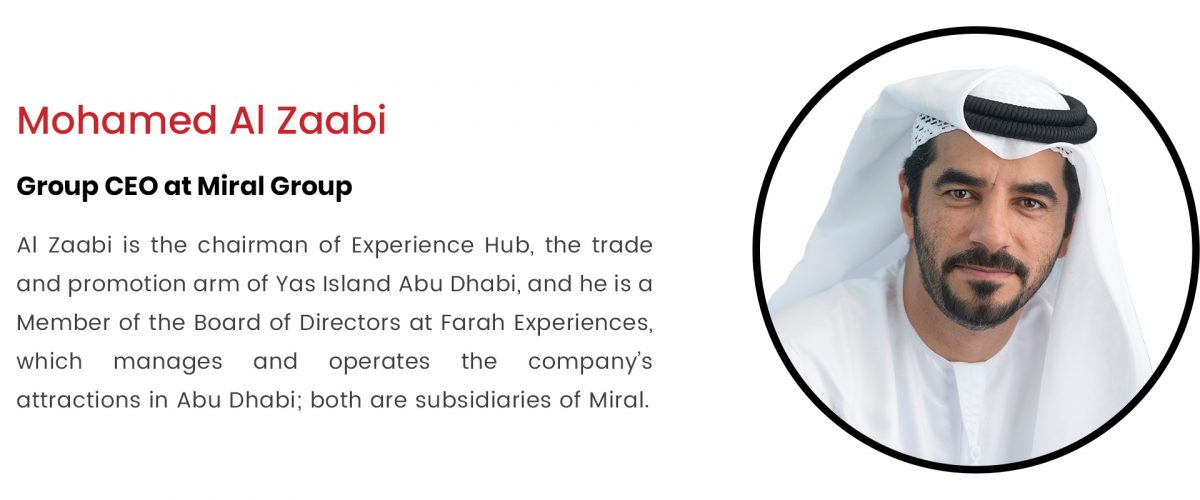
SeaWorld Yas Island was recently crowned the world’s largest indoor marine life theme park by the Guinness World Records. Al Zaabi recently received award. Covering a sprawling expanse of over 183,000 square meters and spanning five indoor levels, this facility is the first marine life theme park in the region.
Oman
Salim bin Mohammed Al Mahrouqi, Minister of Heritage and Tourism: He leads Oman’s tourism development with a focus on sustainability and cultural preservation.
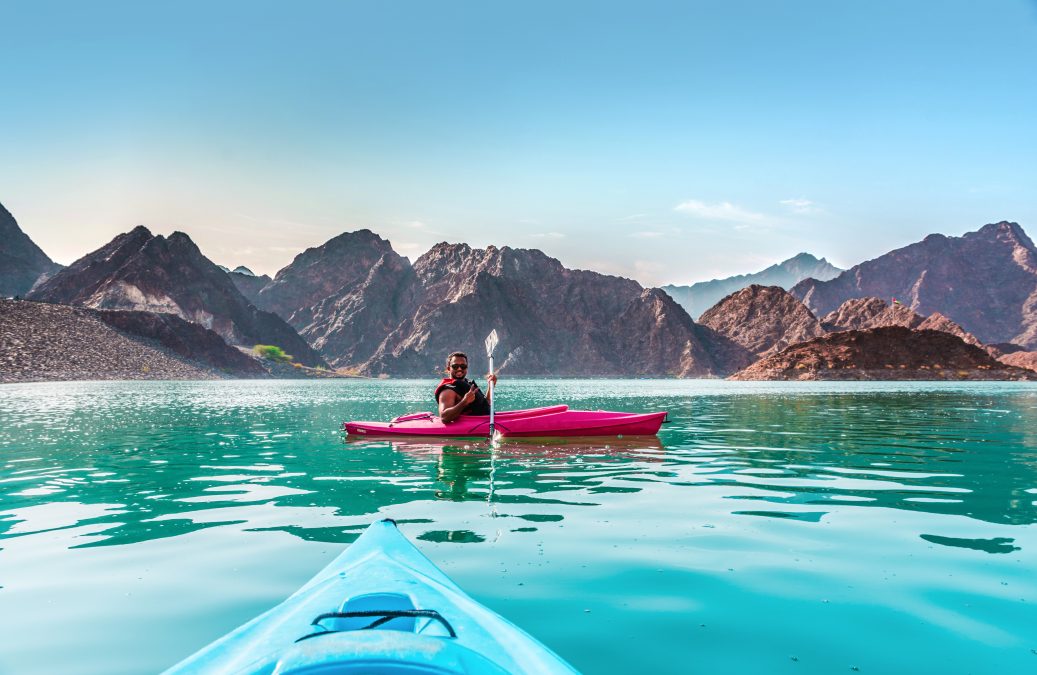
Wael Al-Lawati, CEO Muriya Tourism Development Company: Muriya is one of Oman’s largest and most diversified integrated real estate and tourism developers, playing a pivotal role in shaping the Sultanate’s tourism, real estate, and societal offerings.
Hashil Al Mahrouqi, CEO at OMRAN Group: Al Mahrouqi was appointed to his current role in early 2021. In early 2022, the group announced that it will be investing $62.3 million in opening a dusitD2 Naseem Resort. It also signed a partnership agreement with Diamond Developers in a joint venture for the development of the first phase of the Yiti Integrated Tourism Development.
Qatar
Faisal Al Thani, Chairman at Al Rayyan Tourism Investment Company: The company has 29 hotels in MENA, Europe, and North America, including St. Regis Washington D.C., the W Miami Hotel, and the W London Hotel.
Kuwait
Sheikh Mubarak Al Sabah, Chairman of the Kuwait Tourism Services Company (KTSC): As the head of KTSC, Sheikh Mubarak Al Sabah plays a significant role in promoting tourism and developing infrastructure in Kuwait.
Bahrain

Earlier, she worked in the Office of the Prime Minister and served as a board member in the tourism authority and expects to use her experience in the development of the country’s tourism sector. BTEA is partnering with other GCC nations to push digital marketing as a strategy to collectively market the region as a tourism destination.
